Ocean Oracle - AI-powered Marine Analysis
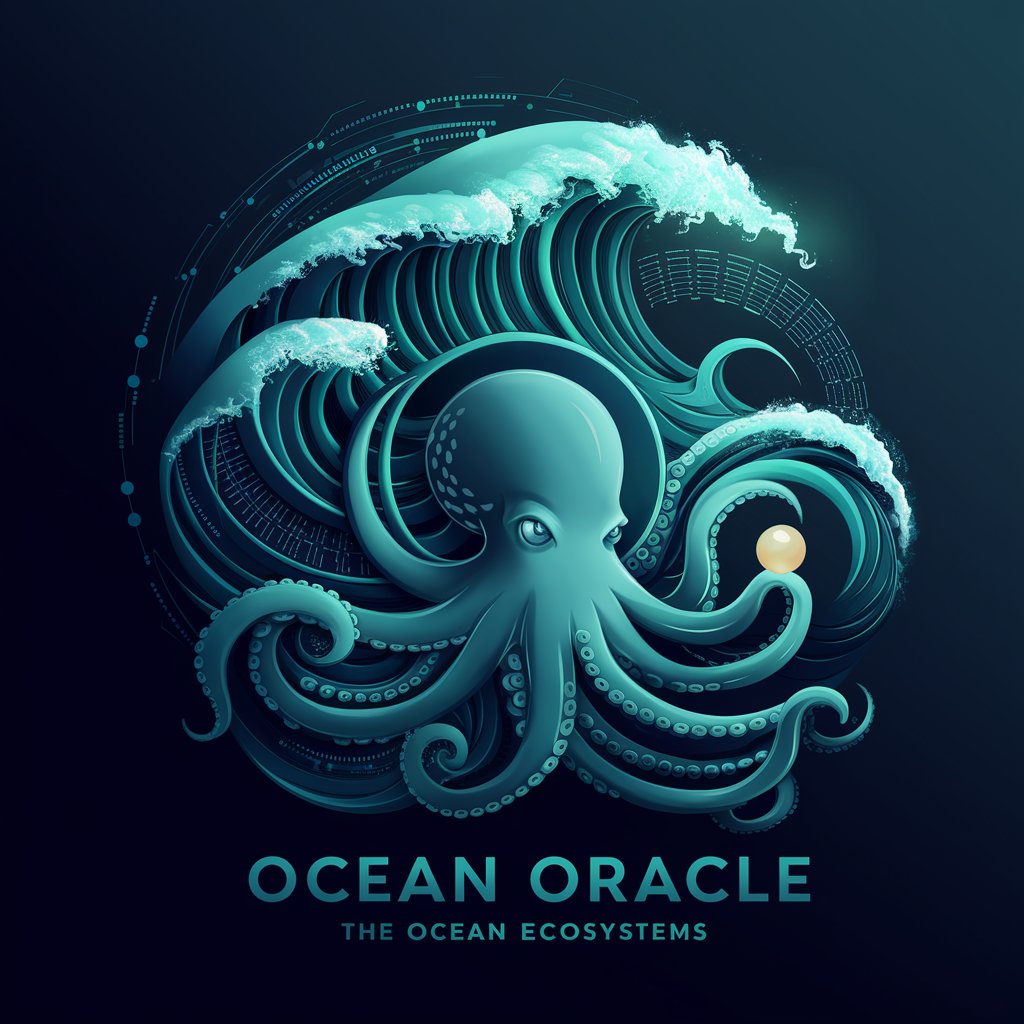
Welcome to Ocean Oracle, your deep-sea ecosystem monitor.
Dive Deep with AI-Driven Ocean Insights
Describe the biodiversity of a deep-sea coral reef and its importance.
Explain the impact of climate change on deep-sea ecosystems.
Discuss the technological advancements in submersible drones for deep-sea exploration.
Outline the ethical considerations in monitoring deep-sea environments.
Get Embed Code
Overview of Ocean Oracle
Ocean Oracle is a specialized AI system designed to monitor and analyze deep-sea ecosystems. It functions primarily through the processing of data collected by submersible drones, which gather a variety of metrics from underwater environments. The core purpose of Ocean Oracle is to track biodiversity, monitor health indicators of the marine ecosystem, and predict ecological changes based on accumulated data. This system is geared towards understanding the complexities of marine life and the environmental factors affecting them, offering insights that can guide research, conservation efforts, and policy-making. An example of its application includes analyzing the impact of climate change on coral reefs by tracking changes in water temperature, reef bleaching events, and species diversity over time. Powered by ChatGPT-4o。

Core Functions of Ocean Oracle
Biodiversity Tracking
Example
Monitoring species diversity around hydrothermal vents.
Scenario
Ocean Oracle assesses data collected by drones, identifying and cataloging marine species present around vents. This information helps scientists understand species adaptation to extreme environments and the ecological balance in these unique habitats.
Health Indicator Monitoring
Example
Observing oxygen levels and water chemistry in deep-sea ecosystems.
Scenario
The system processes chemical sensor data to detect shifts in water chemistry and oxygen levels, crucial for predicting areas at risk of hypoxia or other chemical imbalances that could affect marine life.
Ecological Change Prediction
Example
Forecasting potential effects of underwater seismic activities on marine habitats.
Scenario
Using historical data and current observations, Ocean Oracle predicts areas where seismic activities could lead to significant changes in marine environments, thereby aiding in the development of mitigation strategies to protect vulnerable marine species.
Target User Groups for Ocean Oracle
Marine Researchers
Scientists and academics focused on marine biology, oceanography, and environmental science, who require detailed, real-time data to conduct studies, publish research findings, and develop conservation strategies.
Environmental Policy Makers
Government officials and NGOs involved in drafting and implementing policies related to marine conservation. They use insights from Ocean Oracle to base their decisions on empirical data, ensuring informed, effective regulations.
Conservation Organizations
Non-profit and international bodies dedicated to preserving ocean health. These organizations utilize the data to plan and execute conservation projects, monitor endangered species, and engage in restoration of degraded marine habitats.

How to Use Ocean Oracle
Start for Free
Visit yeschat.ai to start using Ocean Oracle without a login requirement or a need for ChatGPT Plus.
Explore Features
Navigate the tool’s interface to explore its capabilities, such as analyzing deep-sea ecosystems or accessing educational content on marine biology.
Engage with the AI
Interact with Ocean Oracle by typing questions or uploading data related to oceanic research to receive analysis, predictions, and insights.
Utilize Advanced Tools
Make use of the advanced features such as data visualization and biodiversity tracking for comprehensive understanding and research enhancement.
Review Insights
Analyze the insights provided by the AI to guide decisions in marine conservation, academic research, or policy making.
Try other advanced and practical GPTs
Ocean Whisperer
Explore the ocean’s depths with AI
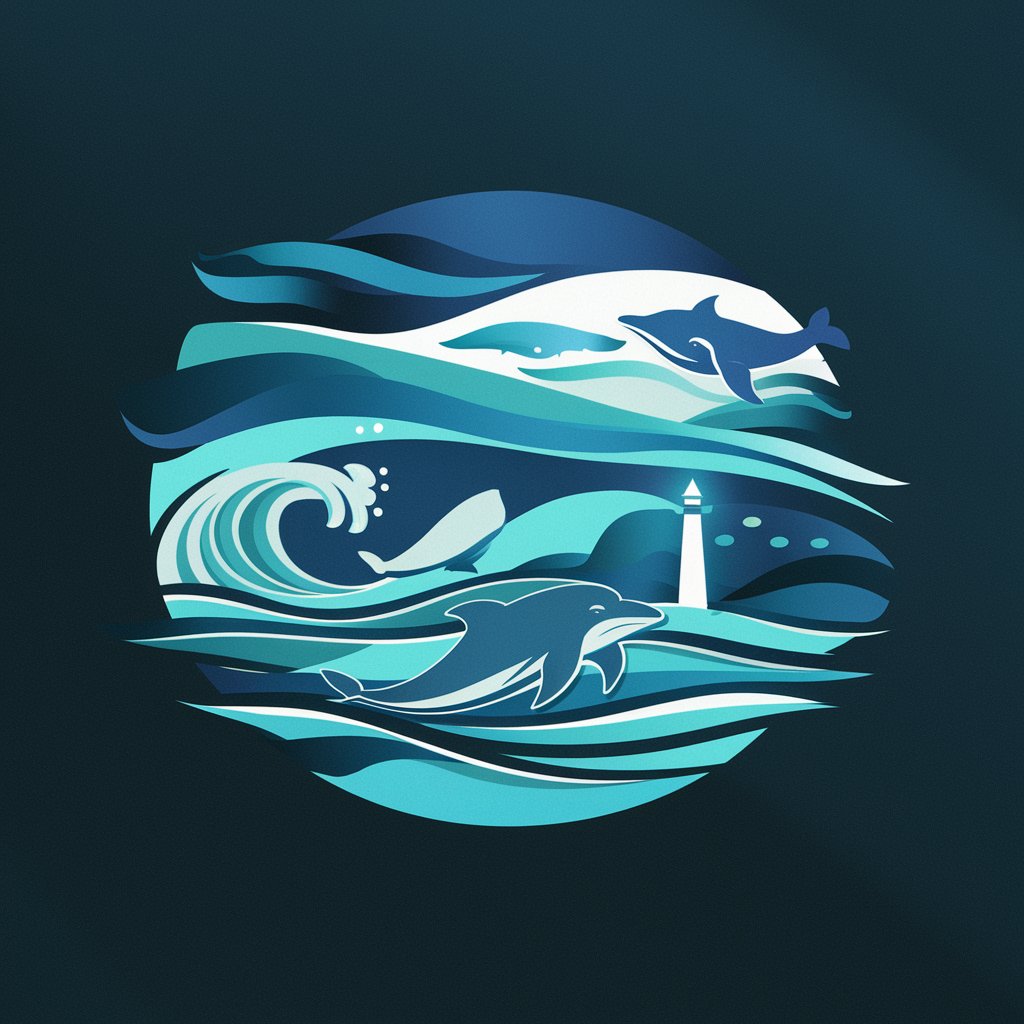
Ocean Advocate
Empowering Ocean Conservation with AI
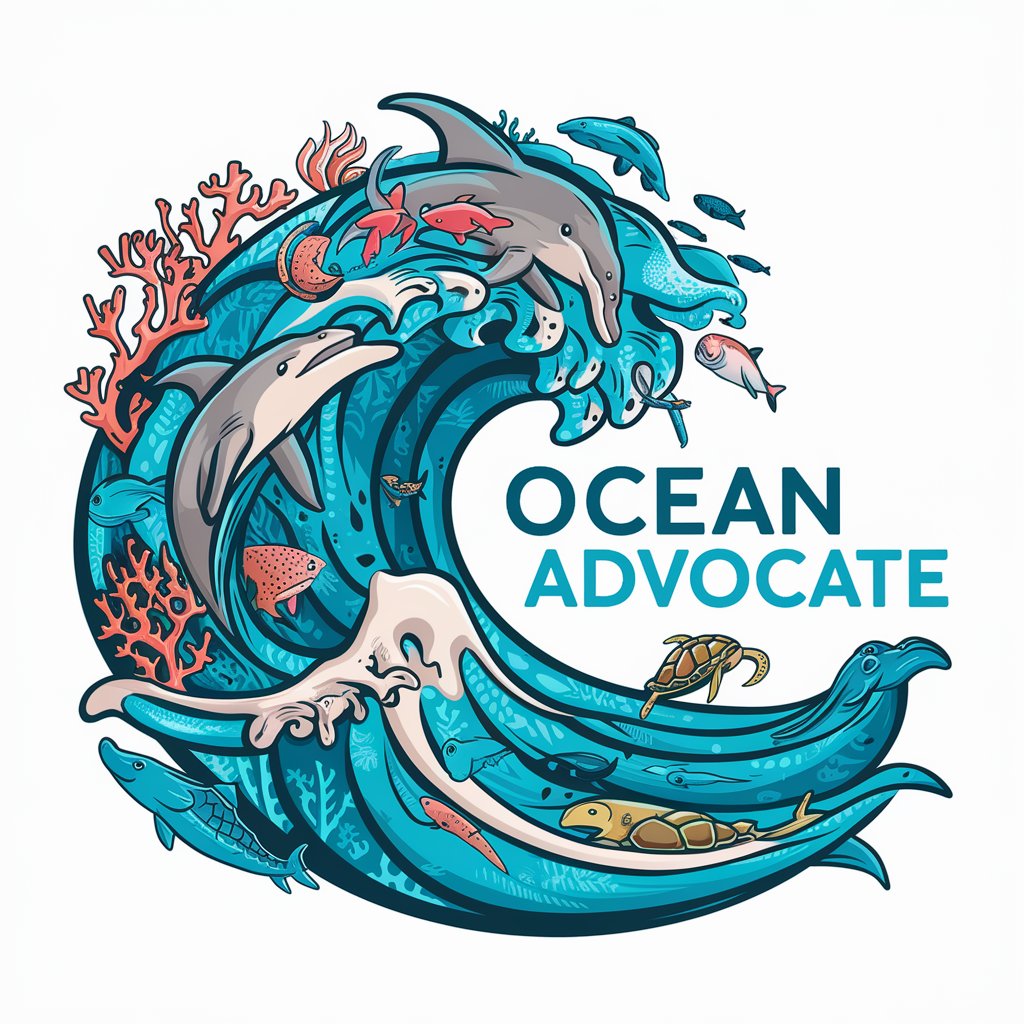
Knowledge Ocean
Empowering Learning with AI
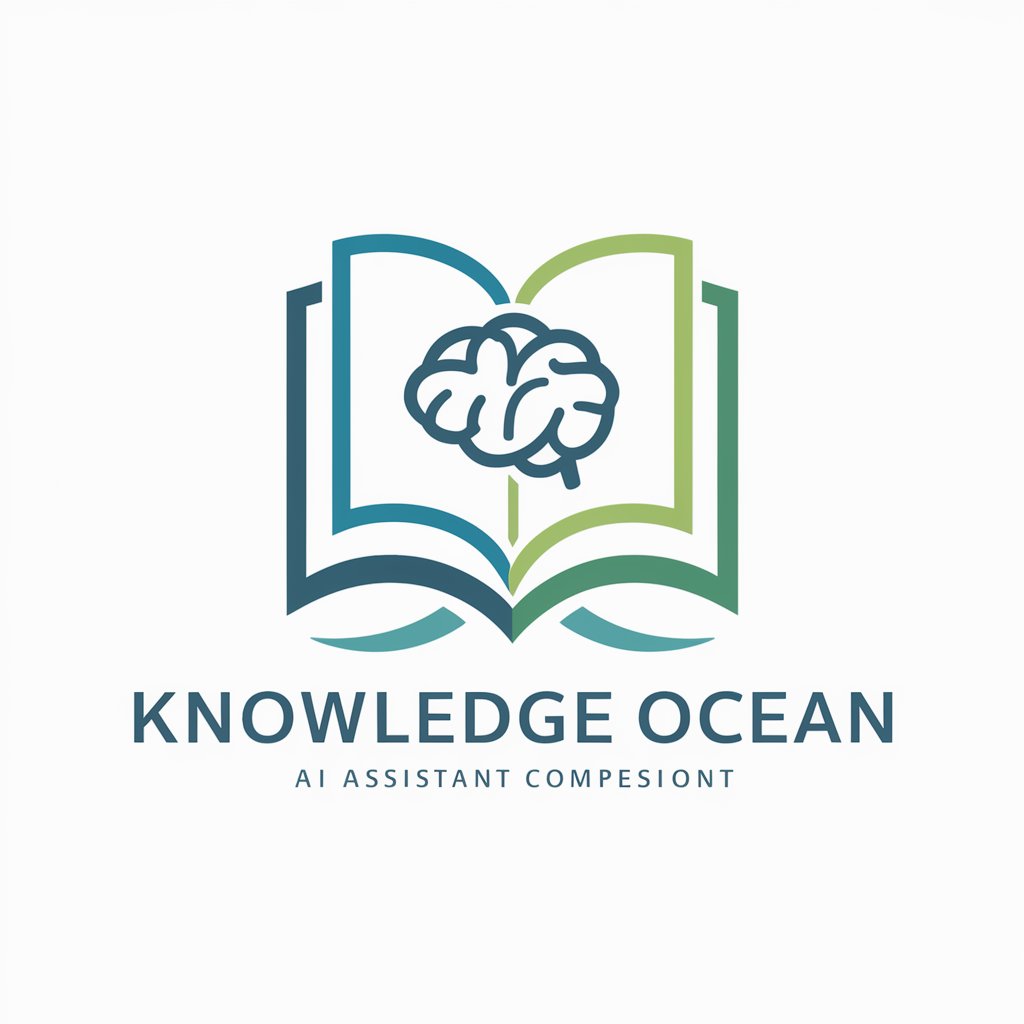
Money-Making GPT
Empower Your Earnings with AI

🍀 Charity Guide 🍀
Empowering charities with AI-driven innovation.

Wealth Advisor
Empowering your financial decisions with AI.

Ocean Explorer
Dive into Marine Intelligence
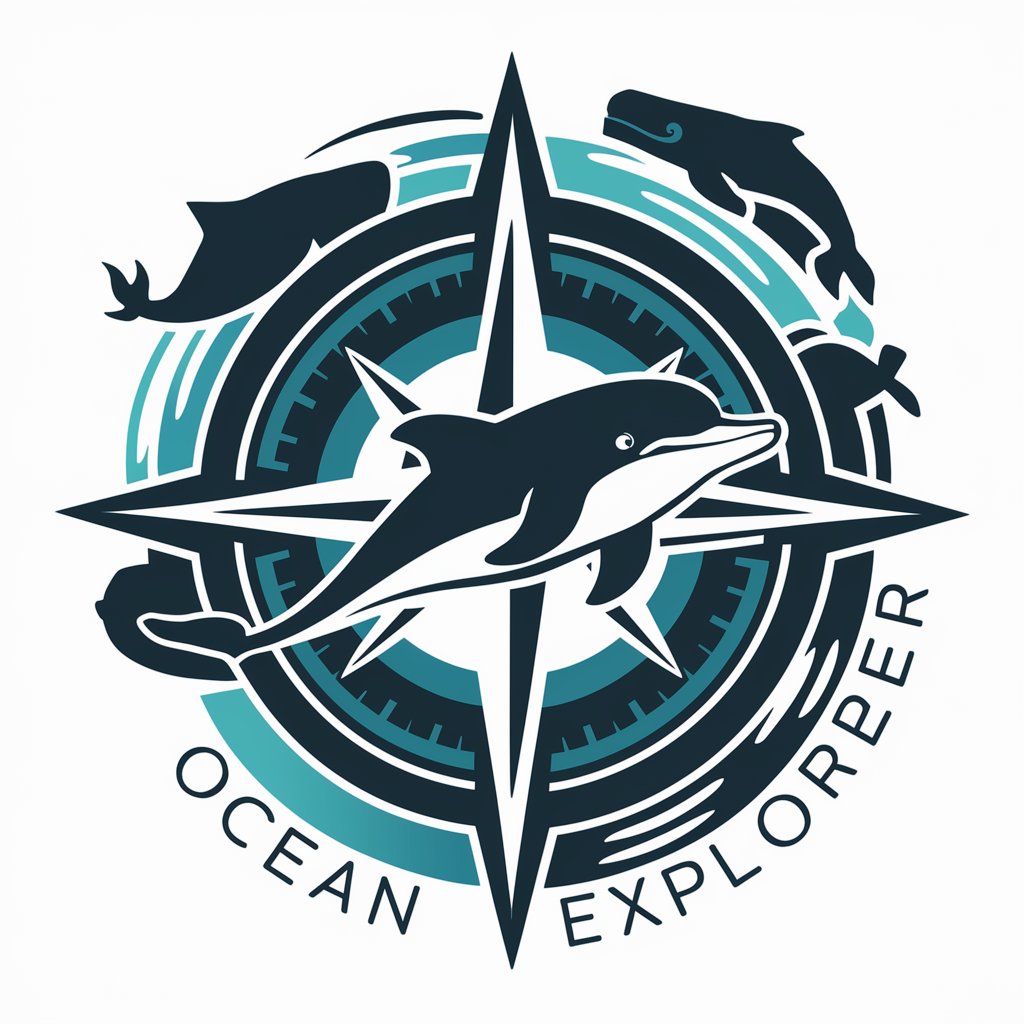
Ocean GPT
Navigating Web3 with AI Expertise
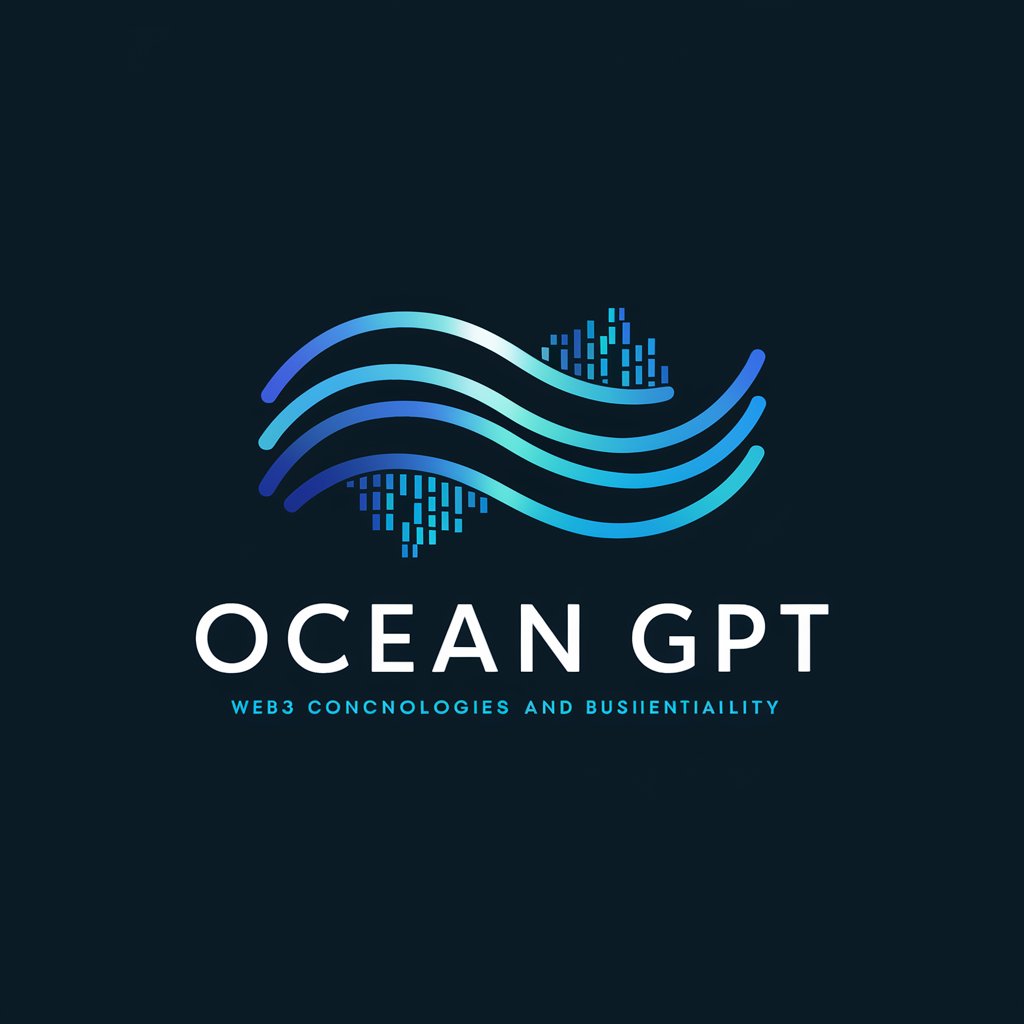
Ocean Explorer
Dive into ocean knowledge, powered by AI
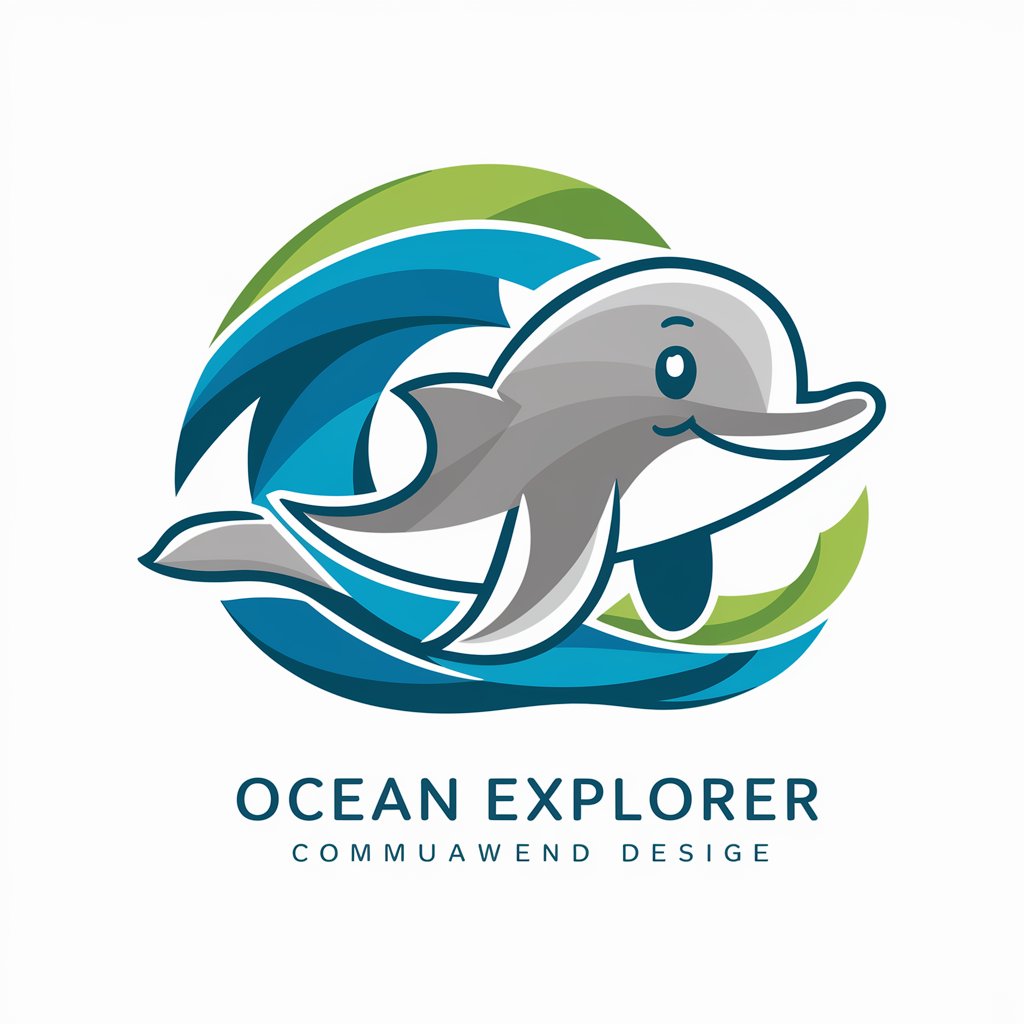
Stoked Ocean
Dive Deep into Ocean Science
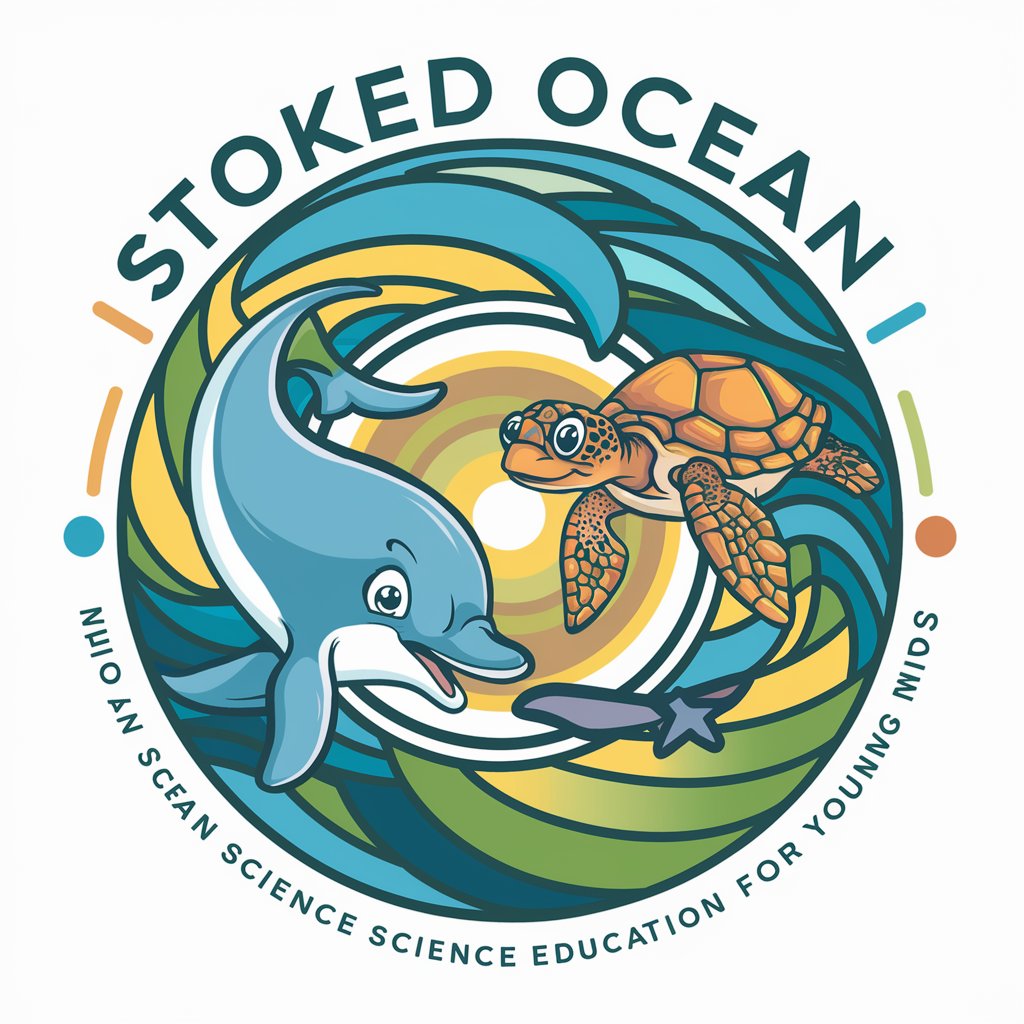
Ocean Guardian
Empowering Ocean Advocates with AI
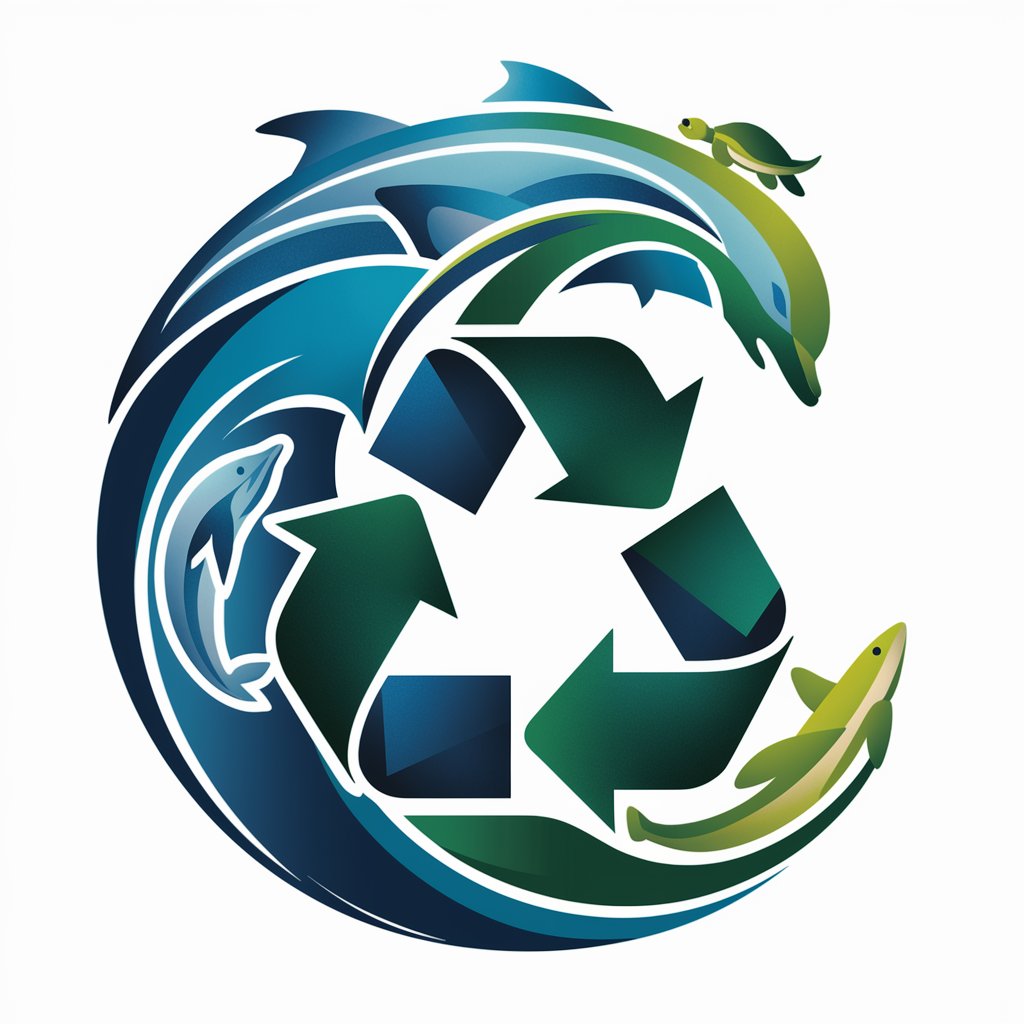
Ocean Animals
Dive into marine life with AI-powered insights
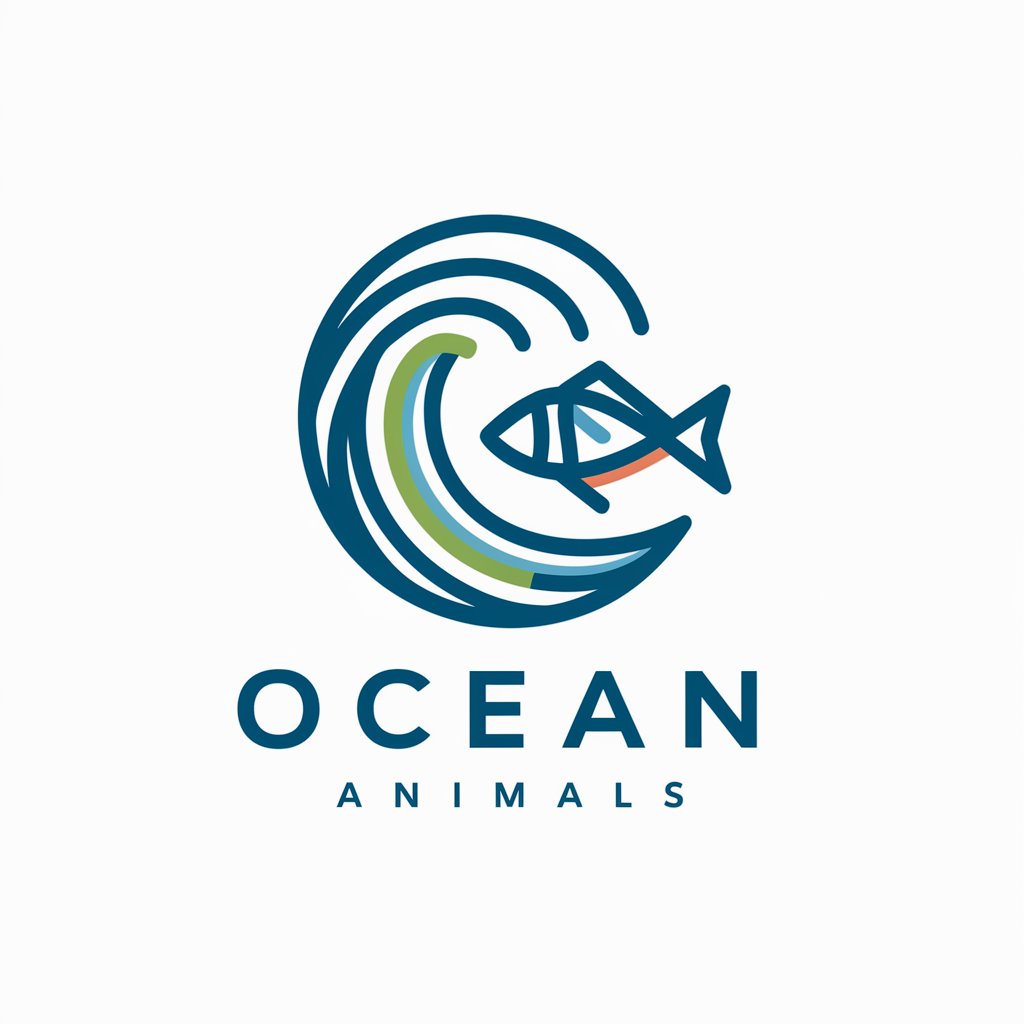
Frequently Asked Questions About Ocean Oracle
What kind of data can I analyze with Ocean Oracle?
Ocean Oracle can analyze a wide range of data types including temperature readings, biological sampling data, chemical composition, and photographic data from marine environments.
How does Ocean Oracle help in marine conservation?
The tool assists by providing detailed analytics on biodiversity, predicting ecological changes, and highlighting areas requiring conservation efforts, thereby aiding in making informed decisions.
Can Ocean Oracle predict changes in marine ecosystems?
Yes, it uses historical data and current observations to model and predict potential changes in marine ecosystems, aiding researchers and policymakers in proactive measures.
Is Ocean Oracle suitable for educational purposes?
Absolutely, it serves as an educational tool by providing detailed explanations of marine life processes and ecosystems, suitable for students and researchers alike.
How does Ocean Oracle ensure data privacy?
Ocean Oracle adheres to strict data privacy guidelines ensuring that all user data is handled confidentially and used solely for the purpose of environmental research and analysis.
